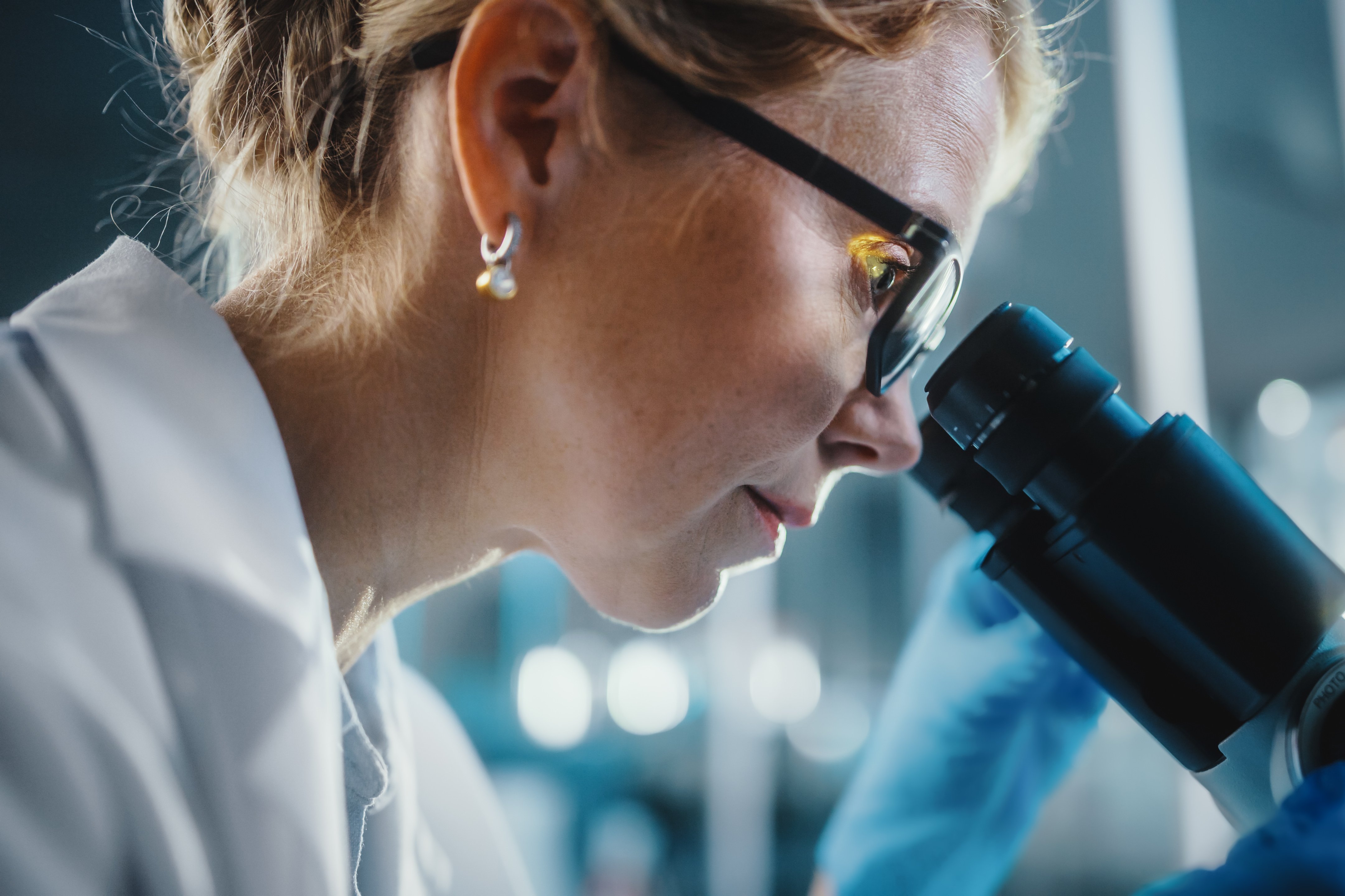
(Freiburg, Vienna, 15-01-2024) In an autoimmune disease, the immune system attacks not only pathogens but also the body's own cells. A research team led by Marta Rizzi (University of Freiburg, Medical University of Vienna) has now been able to show that defective signalling pathways in the body play a decisive role in the development of immune cells. This opens up new therapeutic approaches for autoimmune diseases such as autoimmune lymphoproliferative syndrome (ALPS). The study is currently published in the journal Science Immunology.
"The findings show how profound the effects of signalling pathway disorders are on the functioning of our immune system and help us to better understand the mechanisms of immune cell development and function," says Marta Rizzi, research group leader at the Department of Rheumatology and Clinical Immunology at the University Medical Center Freiburg and Professor of Clinical Experimental Immunology at the Medical University of Vienna.
Important insights into the development of immune cells
The FAS signalling pathway plays an important role in the regulation of programmed cell death, also known as apoptosis. However, activation of the signalling pathway also influences non-lethal processes such as the maturation of B cells in the human immune system. The study indicates that disruptions in this signalling pathway can lead to problems in the development and function of B cells. "In the next step, we will look for ways in which these findings can support us in the treatment of patients," says Rizzi, who is also a member of the Cluster of Excellence Centre for Integrative Biological Signalling Studies (CIBSS) at the University of Freiburg.
Publication: Science Immunology
Non-apoptotic FAS signaling controls mTOR activation and extrafollicular maturation in human B cells
Julian Staniek, Tomas Kalina, Geoffroy Andrieux, Melanie Boerries, Iga Janowska, Manuel Fuentes, Paula Díez, Marina Bakardjieva, Jitka Stancikova, Jan Raabe, Julika Neumann, Sabine Schwenk, Leonardo Arpesella, Jan Stuchly, Vladimir Benes, Rodrigo García Valiente, Jonatan Fernández García, Rita Carsetti, Eva Piano Mortari, Albert Catala, Oscar de la Calle, Georgios Sogkas, Bénédicte Neven, Frédéric Rieux-Laucat, Aude Magerus, Olaf Neth, Peter Olbrich, Reinhard E. Voll, Laia Alsina, Luis M. Allende, Luis I. Gonzalez-Granado, Chiara Böhler, Jens Thiel, Nils Venhoff, Raquel Lorenzetti, Klaus Warnatz, Susanne Unger, Maximilian Seidl, Dirk Mielenz, Pascal Schneider, Stephan Ehl, Anne Rensing- Ehl, Cristian Roberto Smulski, Marta Rizzi
DOI: 10.1126/sciimmunol.adj5948
https://www.science.org/doi/10.1126/sciimmunol.adj5948